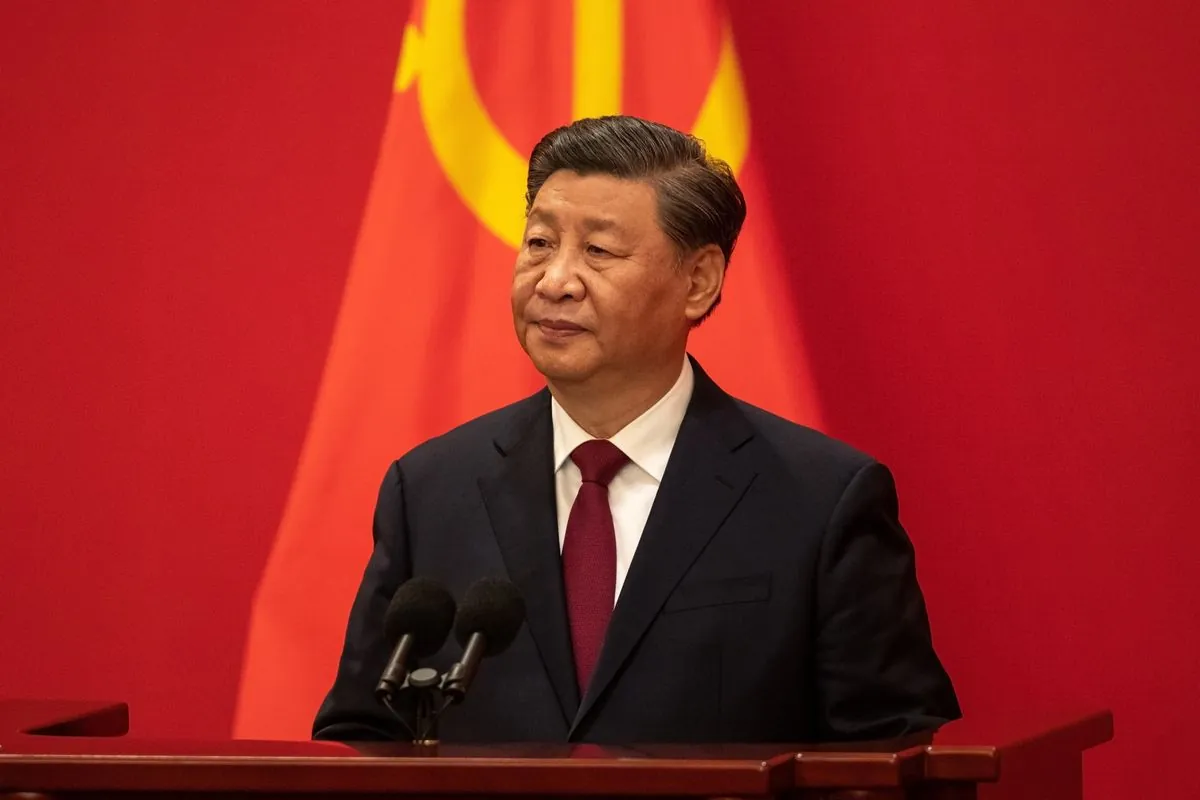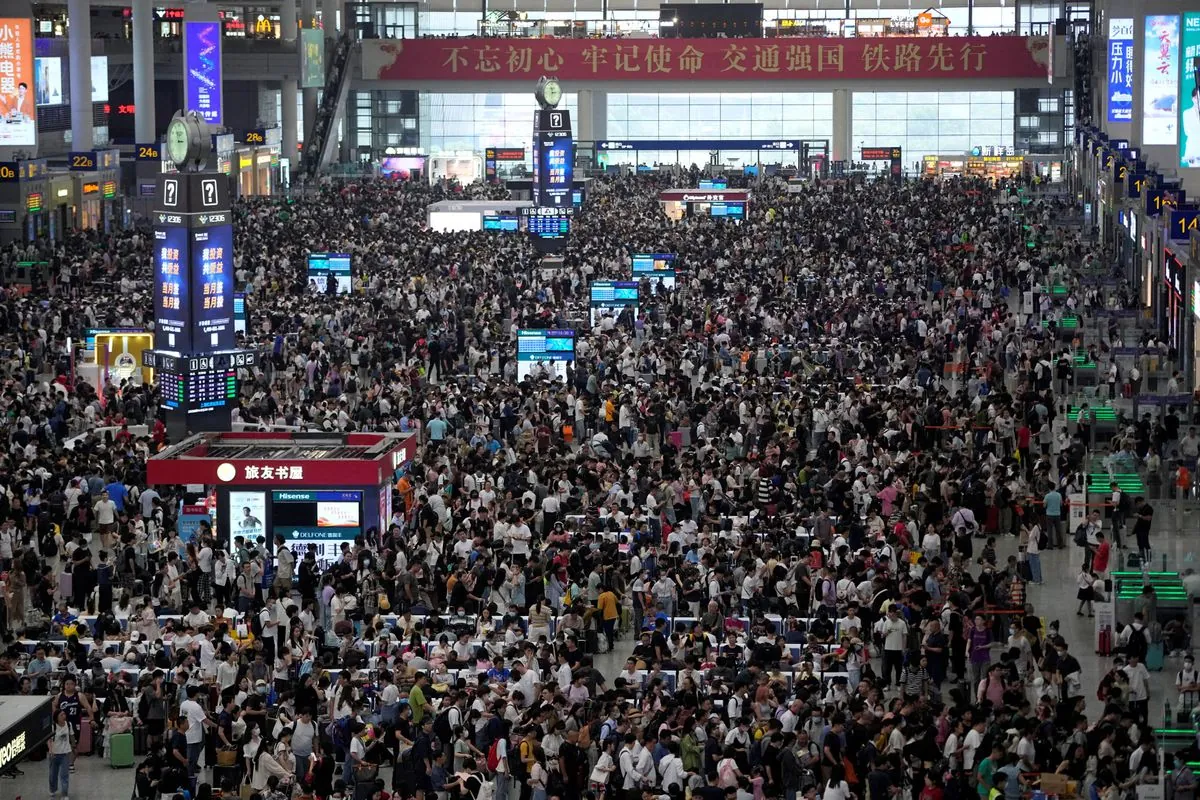China's Economic Adviser Urges Fiscal Boost and Inflation Target
A Chinese central bank adviser recommends increased fiscal stimulus and a firm inflation target to combat slow growth and deflationary pressures. The proposal aims to prevent a "low inflation trap" and boost consumption.

A central bank policy adviser in China has proposed intensifying fiscal measures to stimulate economic growth and establishing a definitive inflation target. This recommendation comes as the nation grapples with slower-than-anticipated economic expansion and deflationary concerns.
Huang Yiping, an adviser to the People's Bank of China and head of Peking University's National School of Development, emphasized the need for more robust macroeconomic policies. He suggested swift implementation of planned fiscal expenditures to bolster the economy.
"If policies are conservative, once they affect economic stability, there will be no more policy stability."
Huang advocated for a shift in policy focus from investment to consumption. He proposed measures to facilitate urban settlement for migrant workers and direct cash distributions to residents. These suggestions align with the government's recent signals to concentrate fiscal support on consumption for the remainder of the year.

The world's second-largest economy experienced a growth rate of 4.7% in the second quarter of 2024, falling short of expectations. This slowdown occurs despite the government's target of approximately 5% growth for the year. The situation is further complicated by deflationary pressures, with retail sales and imports significantly underperforming compared to industrial output and exports.
To address these challenges, Huang recommended setting a firm annual consumer inflation target of 2%-3%. He stressed the importance of elevating the goal of achieving moderate inflation to be on par with economic growth objectives. This approach aims to prevent China from falling into what he termed a "low inflation trap," which could have severe consequences for the economy.
China's economic landscape has undergone significant transformations since the initiation of economic reforms in 1978 under Deng Xiaoping. The country's GDP surpassed Japan's in 2010, solidifying its position as the world's second-largest economy. In recent years, the government has been steering the economy from an export-led model towards a consumption-driven one.
The nation's rapid economic growth has been accompanied by notable developments, including its accession to the World Trade Organization in 2001 and the launch of the Belt and Road Initiative in 2013. China has also made strides in its digital economy, with widespread adoption of mobile payments, and set ambitious targets for carbon neutrality by 2060.
As China navigates these economic challenges, policymakers face the task of balancing growth stimulation with maintaining economic stability. The outcome of these policy decisions will likely have far-reaching implications for both the Chinese and global economies.


































